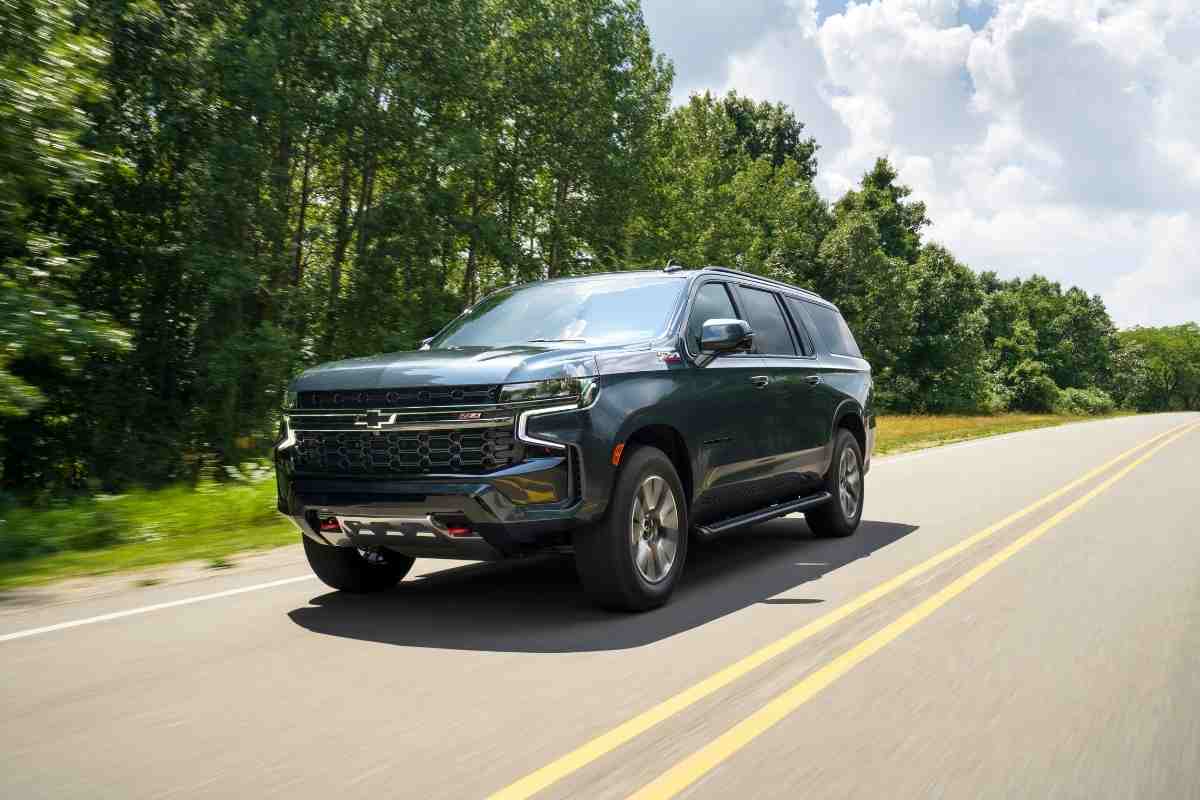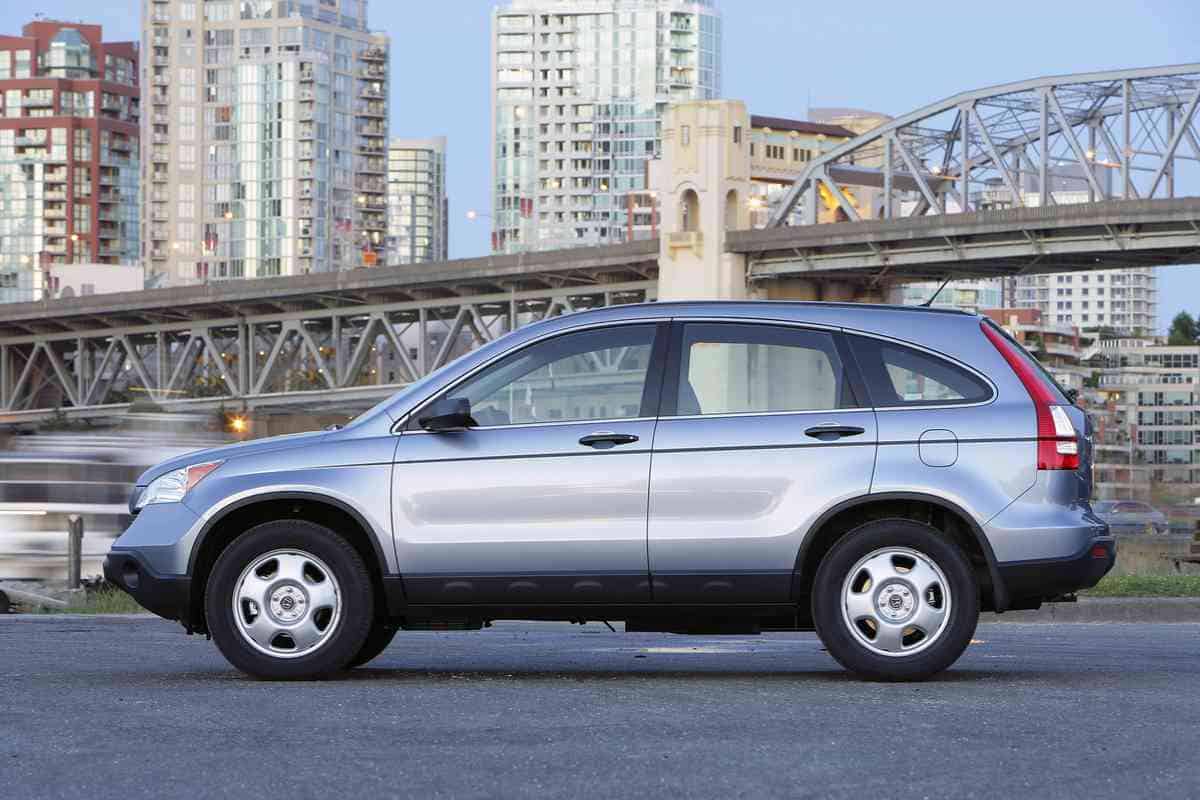Should you test drive a new car? Yes! Here’s Why!
Buying a new car is an exciting event; part of the fun is testing it. As soon as you start driving it, you become more aware of the differences: how does it handle tight corners? How are the seats? Do I like the entertainment system?
These questions, and many more, only come up after driving a car for the first time. However, there’s an increasing trend of buyers not test-driving new cars.
One study showed that 30% of people in the United Kingdom don’t drive their cars once before buying them. So, should you test drive a new car?

“Drive Past Myths: Get the Real Deal on Car Buying!”
🚘 Uncover 13 Car Buying Misconceptions with Our FREE Newsletter!
Plus you will get our quick tips, expert advice, and myth-busting insights delivered straight to your inbox.
Subscribe now and make informed decisions without the detours.
“Experts Hate This! Learn the Car Buying Secrets They Don’t Want You to Know. Free Subscription!”

Search the Web, and you’ll find heaps of articles about people questioning whether you should test drive a new car. The reality is that a test drive is an essential part of the buying experience.
Should you test drive a New car?
The short answer is yes! Test driving a car is vital because it can give you details on how it behaves in stop-and-go traffic, bumps, and at speed.
Here’s an example: No matter how much you inspect your car at the dealership, you won’t be able to tell if it makes road noise. There are plenty of other small things that come up with new cars.
On the other hand, is it crazy to buy a new car without a test drive? No, it isn’t, but it does increase the risk of you not liking the car in the long run.
Why is a test drive necessary when buying a new car?
The first reason a test drive is crucial is that you can feel how the car handles. Test-driving allows you to experience how it responds to different road conditions, turns, and maneuvers.
Should you test drive a new car even if you’re sure you want it? Yes.
I’ve dreamt of buying certain cars and felt discouraged or put off after just one test drive. The opposite has also happened, where I’ve been pleasantly surprised at a car that I had very little hope for (here’s to you, Toyota Rush).
Additionally, during the test drive, you can assess the comfort and ergonomics of the vehicle. This involves checking if the seating position is correct, the controls are easily reachable, and the overall driving experience is pleasant.
Cars now have more touchscreen controls, which might put off some buyers. I find touchscreen A/C controls to be incredibly annoying.
Moreover, you can check for blind spots and visibility while on the test drive. Understanding the car’s blind spots and visibility can help determine if it provides a safe driving environment.
All these aspects only appear when you’re test driving, hence the value of a test drive.
How long should your test drive be?
When considering the duration of your test drive, consider varying scenarios, such as a short city drive and a highway drive. Each can help you evaluate how the car performs in different settings.
Testing the vehicle at different times of the day is also beneficial. Driving in various lighting and traffic conditions can give you a more comprehensive understanding of the vehicle’s capabilities.
Our experience testing cars has given us plenty of information. So, here are a few tips on how to answer “should you test drive a new car?” The first: be bold.
Be bold and ask the dealership or seller for this. While some might give you a quizzical look, others will understand. I remember test-driving the Toyota Rav4 I currently own four times before buying it, and it was the best decision I made.
For a more informed decision, consider multiple test drives of different models. This allows you to compare the driving experiences and features of each car.
What to look for during a test drive?
During the test drive, pay close attention to engine performance and acceleration. This aspect is particularly crucial if you want a sport utility vehicle (SUV) or a vehicle with high-performance capabilities.
Does the car accelerate the way you want it to? This is crucial. In the long run, the more you understand how your car behaves, the better you will be at driving it.
Assess the car’s braking and handling on different road types. This includes testing the car on city streets, highways, and curves to gauge how it responds in various driving conditions.
My dad had a Toyota Land Cruiser and test-drove it only once. Months after buying it, he had to perform a “Moose Maneuver” of sorts, and that Land Cruiser wobbled too much and struggled to brake. He never liked the car after that.
Granted, you can’t do a Moose turn every time you test a car, but be bold and put the car to the test.
Examine the technological features and controls during the test drive. Ensure that you are comfortable with the car’s technology interface and that it meets your needs.
Some people find infotainment systems confusing, which is enough to throw them off. While testing a car, inquire how to do simple things:
- how to turn on the A/C
- how to pick a song
- how to access music
- how to connect your phone
All these aspects are crucial for your daily comfort, and testing them beforehand is essential.
Should you test drive a used car?
When considering a used car, checking for unusual noises or vibrations during the test drive is essential. These indicators can signal potential problems with the vehicle that may require costly repairs.
Inspect the vehicle’s maintenance history before taking it for a test drive. Understanding how well the car has been maintained can give you insight into its overall condition.
During the test drive, ensure that all features and functions are operational. Test the air conditioning, radio, lights, and other components to confirm everything is working.
How do you make the most of your dealership test drive?
When at the dealership, don’t hesitate to ask the salesperson questions. Inquire about the car’s specifications, features, and any additional information to help you make an informed decision.
Consider test-driving multiple models back-to-back. This lets you directly compare different vehicles and see which suits your preferences best.
Before finalizing your decision, ensure that you test drive the top contenders. Comparing the cars you are considering side by side can help you determine which is the right car for your needs.

Why do people say test drives aren’t worth it?
Many people say that there’s no point in test driving a new car, and there’s one main argument: You learn very little in a test drive compared to the months or years you’ll be driving it.
While this argument is solid, it’s somewhat flawed. If you’re going to be driving a lot, then it’s even more important to study the car and discover all of its quirks. This way, they won’t be a surprise in the future.
Other people say that test drives don’t matter in a new car because all its components are new and won’t rattle or make noises. Again, this is another flawed argument. Yes, it won’t make noises, but this is the best time to see how much road noise it has and other details.
So, should you test drive a new car? Our answer will always be yes!
Closing thoughts on “should you test drive a new car”?
Should you test drive a new car? Yes, this is a crucial part of the car buying process, and the answer is invariably yes.
A test drive offers firsthand experience with the vehicle’s performance, comfort, and technological features, allowing you to notice details like road noise, handling, and ergonomics that only become apparent behind the wheel.
Especially when considering a significant investment like a car, ensuring it meets your expectations in various driving conditions is essential.
The importance of test driving extends beyond just feeling the car’s handling or checking if the seats are comfortable. It’s about understanding how the car responds to different scenarios, including varying road conditions and traffic situations.
Testing the car’s technological features, such as the ease of using the infotainment system or adjusting the climate control, is also vital.
These aspects significantly contribute to your daily driving experience, highlighting why skipping a test drive could lead to regrettable decisions.
Ignoring this step because you assume all new cars perform flawlessly is a misconception that overlooks the importance of personal comfort and safety. Therefore, always prioritize test driving as a non-negotiable part of your car shopping process to make an informed and confident decision.
